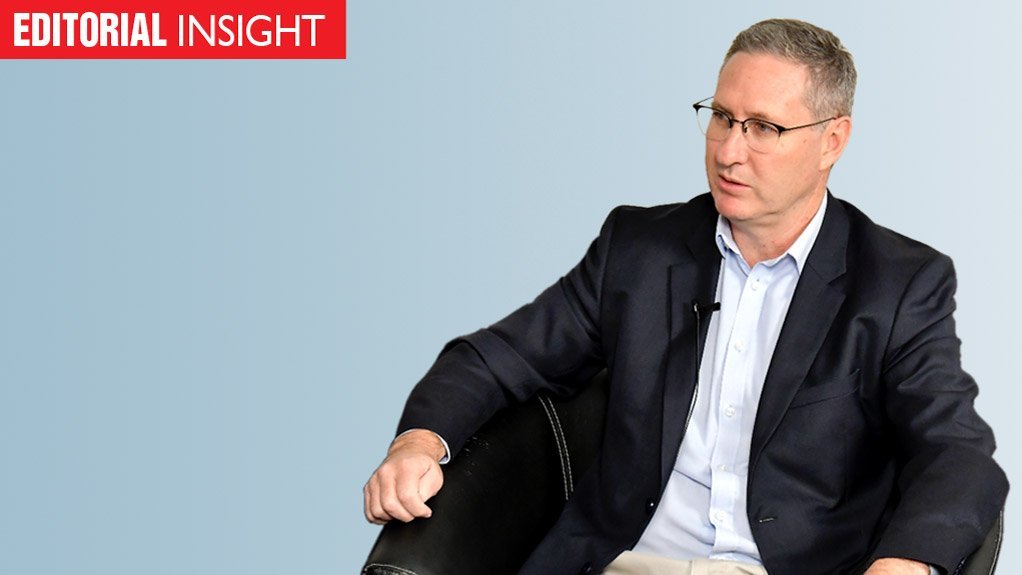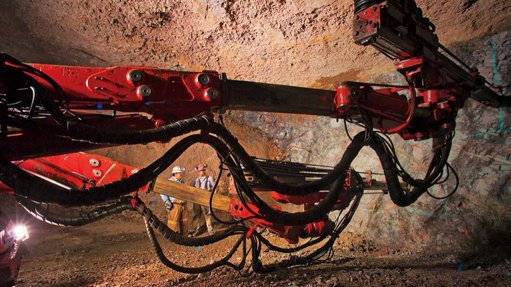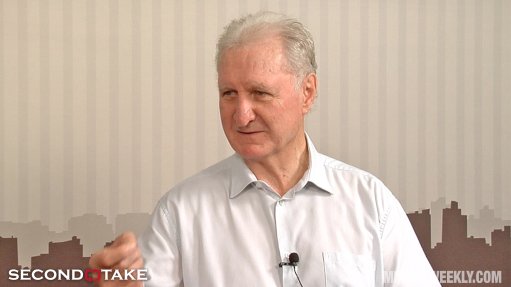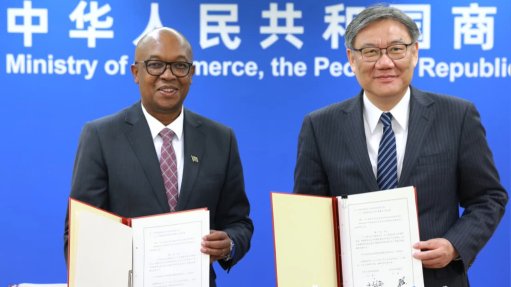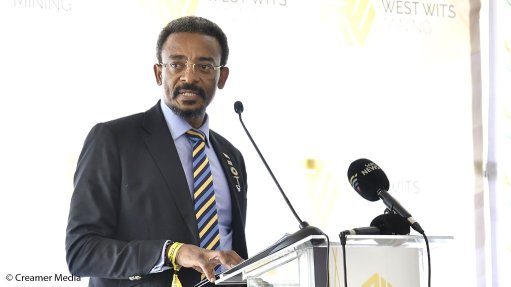Beyond the threshold
With the deadline looming for public comment on a draft amendment to Schedule 2 of the Electricity Regulation Act (ERA), calls are growing for the reform to go beyond simply raising the licence-exemption threshold.
Under the current regime, only sub-1 MW generation plants are exempt from the National Energy Regulator of South Africa’s laborious licensing processes.
Projects must also be in line with, or exempted from, the Integrated Resource Plan and have all environmental and technical authorisations, including grid code compliance, before they can even be considered.
Mineral Resources and Energy Minister Gwede Mantashe proposes lifting the cap to 10 MW through the amendment, a draft of which was gazetted on April 23, along with the notice of a 30-day comment period.
The proposed tweak falls short of an earlier call, backed by business and even Eskom, for the licence-exemption threshold to be increased to 50 MW.
The proposal, made initially by Meridian Economics, was premised on the need to unlock distributed generation capacity speedily to help alleviate South Africa’s immediate supply shortfall, estimated by Eskom to be 5 000 MW.
In 2020, the Council for Scientific and Industrial Research argued that the addition of embedded or distributed capacity should be included as part of a package of measures designed to reduce the risk of load-shedding, which reached a record duration of 859 hours last year when 1 798 GWh was shed.
The science council estimated that some 3 400 MW of such capacity could be added by the end of 2022.
Easing the rules governing distributed generators was endorsed by President Cyril Ramaphosa in his February State of the Nation speech and has also gained the backing of the Presidential Economic Advisory Council.
Mantashe, however, has been more sceptical and announced in March that the cap would be raised to only 10 MW, arguing that a higher threshold could result in disruptions to the grid.
While the pressure for a 50 MW cap remains, it is by no means the only, or even the most pressing, reform still required to unlock the market.
Worryingly, the proposed amendment also fails to make any fundamental change to the qualifying criteria needed to make the reform truly meaningful.
As things stand, the exemption will apply only to plants that supply electricity directly to the end consumer that has contracted to build the capacity, as well as consumers related to that end customer.
In other words, all the electricity should be consumed directly inside the fence, or wheeled to entities related to that customer.
In many instances, this limitation will undermine the economics of projects even after wheeling agreements are secured from the owners of the distribution network. The restriction undermines economies of scale, raises costs and reduces the value of being grid connected.
If this important reform is to meet the objective of adding much-needed electricity quickly, cheaply and with no recourse to the fiscus, it really has to go well beyond simply raising the threshold.
Article Enquiry
Email Article
Save Article
Feedback
To advertise email advertising@creamermedia.co.za or click here
Press Office
Announcements
What's On
Subscribe to improve your user experience...
Option 1 (equivalent of R125 a month):
Receive a weekly copy of Creamer Media's Engineering News & Mining Weekly magazine
(print copy for those in South Africa and e-magazine for those outside of South Africa)
Receive daily email newsletters
Access to full search results
Access archive of magazine back copies
Access to Projects in Progress
Access to ONE Research Report of your choice in PDF format
Option 2 (equivalent of R375 a month):
All benefits from Option 1
PLUS
Access to Creamer Media's Research Channel Africa for ALL Research Reports, in PDF format, on various industrial and mining sectors
including Electricity; Water; Energy Transition; Hydrogen; Roads, Rail and Ports; Coal; Gold; Platinum; Battery Metals; etc.
Already a subscriber?
Forgotten your password?
Receive weekly copy of Creamer Media's Engineering News & Mining Weekly magazine (print copy for those in South Africa and e-magazine for those outside of South Africa)
➕
Recieve daily email newsletters
➕
Access to full search results
➕
Access archive of magazine back copies
➕
Access to Projects in Progress
➕
Access to ONE Research Report of your choice in PDF format
RESEARCH CHANNEL AFRICA
R4500 (equivalent of R375 a month)
SUBSCRIBEAll benefits from Option 1
➕
Access to Creamer Media's Research Channel Africa for ALL Research Reports on various industrial and mining sectors, in PDF format, including on:
Electricity
➕
Water
➕
Energy Transition
➕
Hydrogen
➕
Roads, Rail and Ports
➕
Coal
➕
Gold
➕
Platinum
➕
Battery Metals
➕
etc.
Receive all benefits from Option 1 or Option 2 delivered to numerous people at your company
➕
Multiple User names and Passwords for simultaneous log-ins
➕
Intranet integration access to all in your organisation



